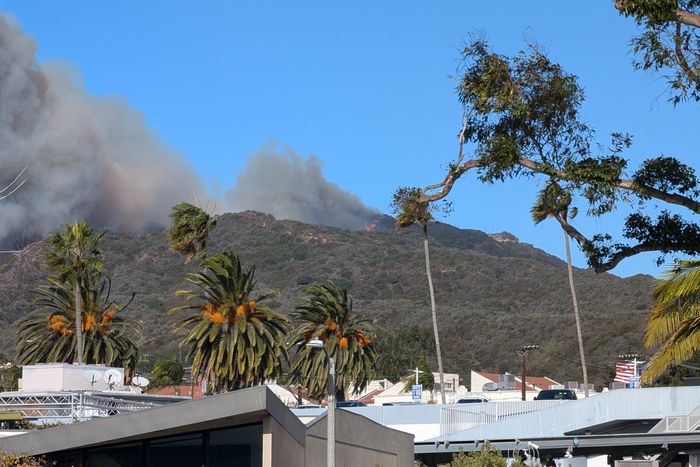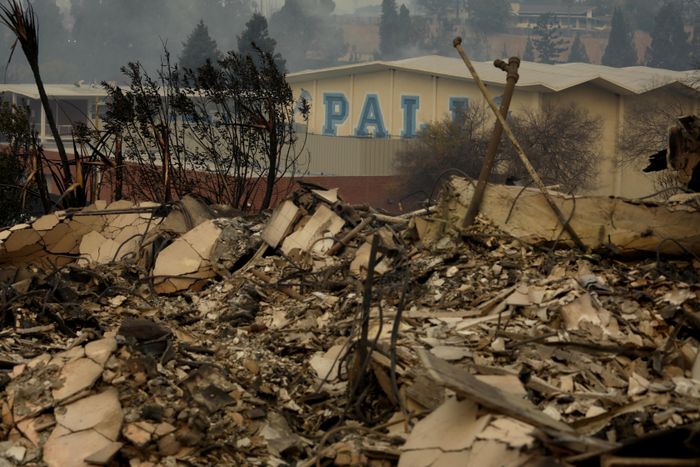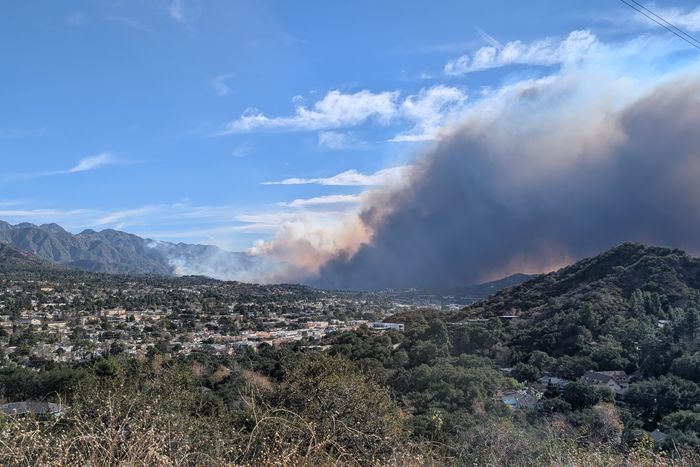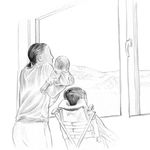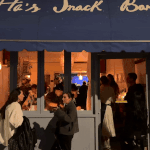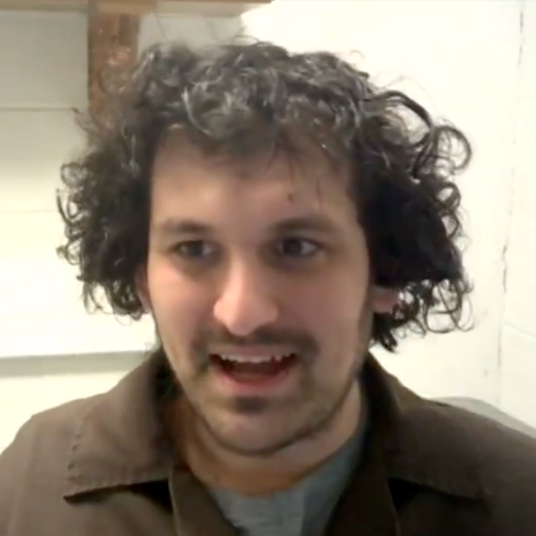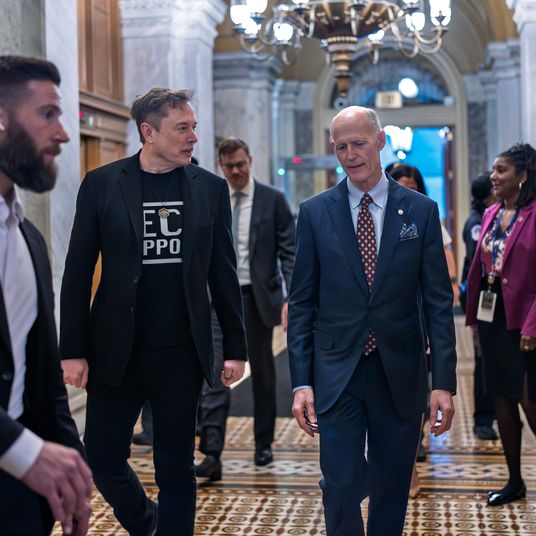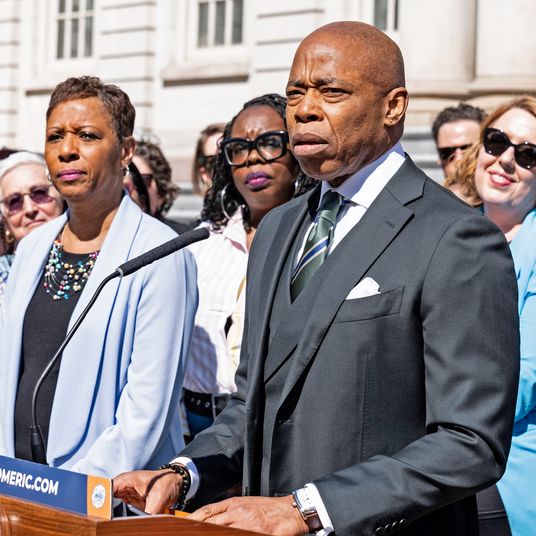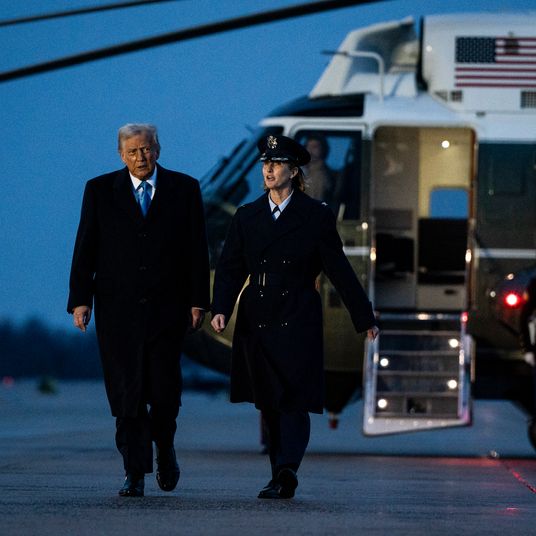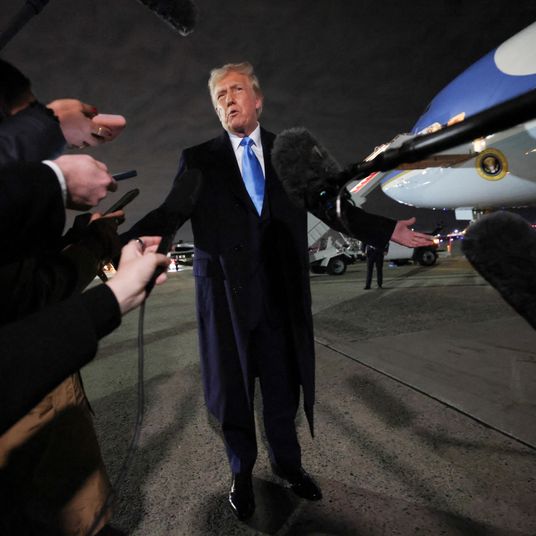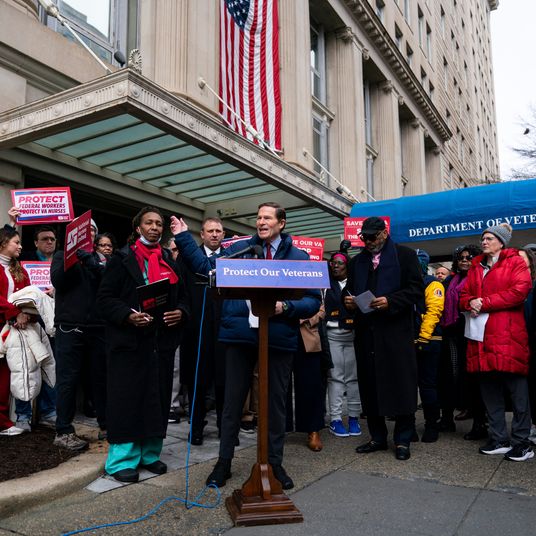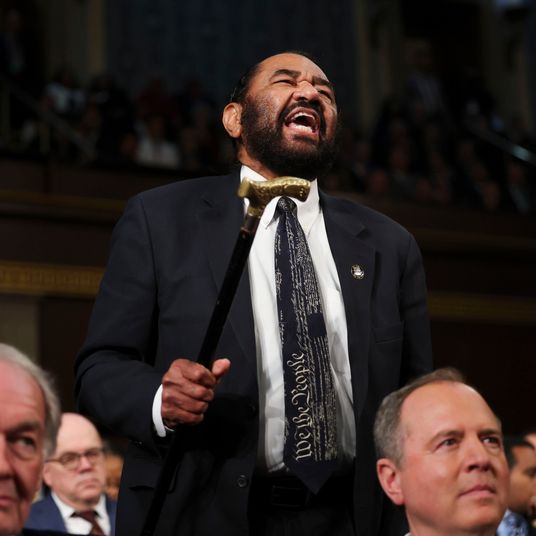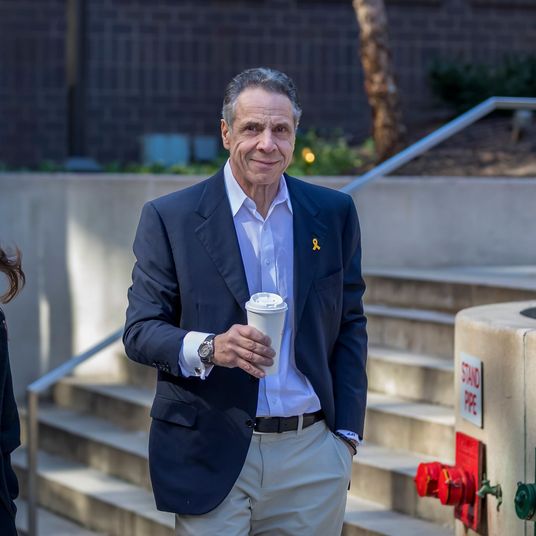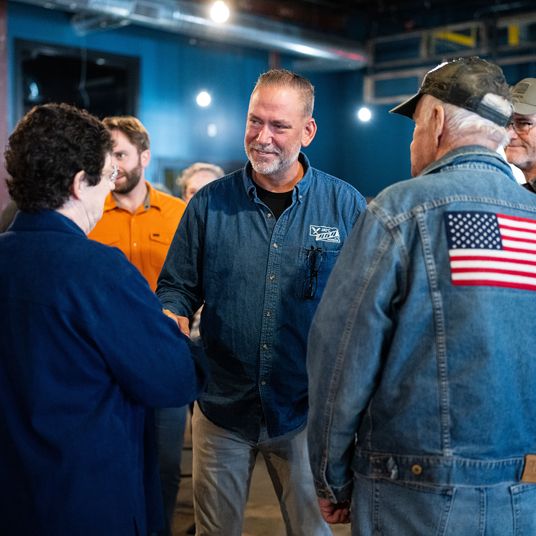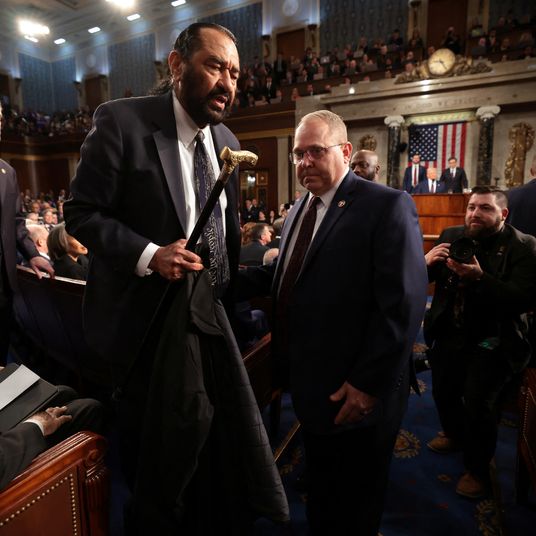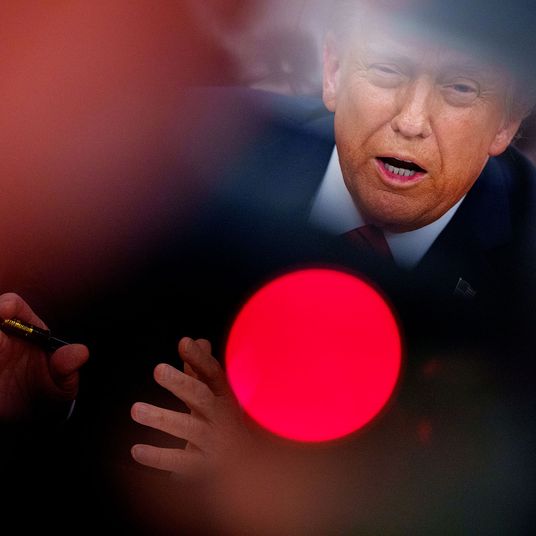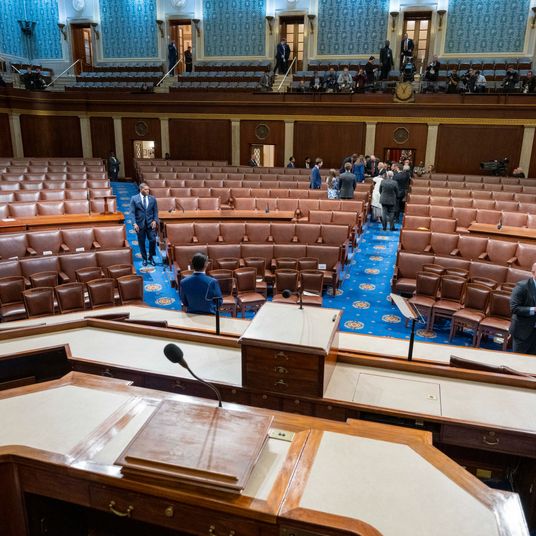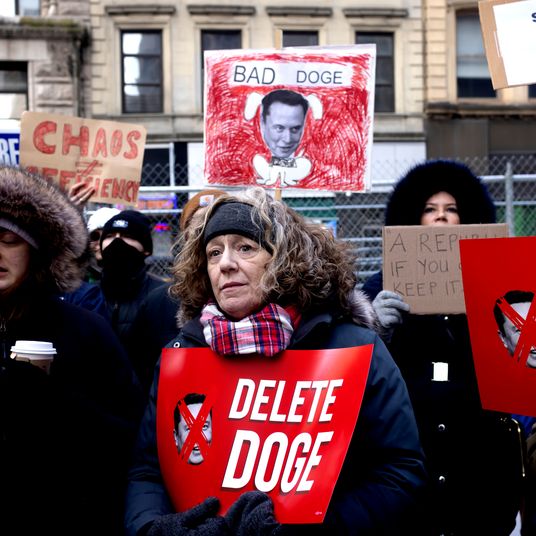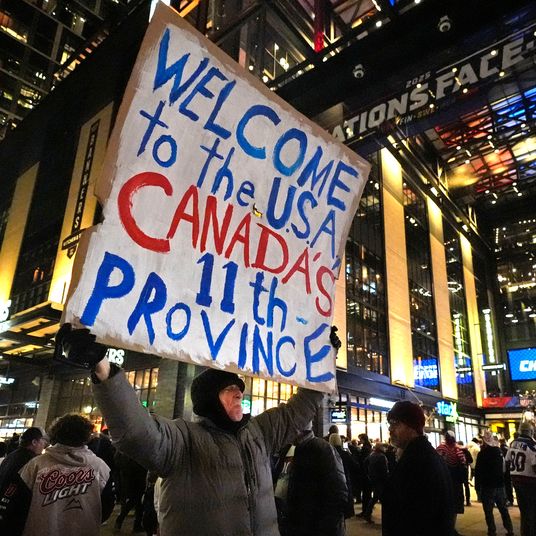This article was featured in One Great Story, New York’s reading recommendation newsletter. Sign up here to get it nightly.
When I woke up on Tuesday, I was already feeling nervous about the Santa Ana winds. I’m a climate reporter, with a focus on extreme weather, living in the Pacific Palisades, and the forecasts predicting gusts of up to 100 mph put me on edge. That morning, my partner was due to bring his sons to Santa Clarita to meet their mother, but his car was being cleaned and they needed a lift. Before we left, I closed the windows to our condo to stop the dust from blowing in.
One of the boys told us he saw smoke and people taking pictures of a fire, but his report barely registered and I dropped them off at a gas station to pick up the car.
It was at 10:45 a.m. when I saw the first flames. They were far in the distance, up on the ridgeline of the Santa Monica Mountains, which border the Palisades on one side and the Pacific Ocean on the other. I stood at the gas station and cautiously watched for a few minutes. The small flames weren’t near any buildings, and I could see a helicopter dropping water on the blaze, so I got in my Honda CRV and started to make the short trek back home.
Back in my neighborhood less than eight minutes later, I stopped. The fire had already jumped to another ridgeline, and this time it was right by a cluster of houses. A car passed me at breakneck speed, then another and another, and a chill ran up my spine. Suddenly, a father ran up the street with his daughter in her school uniform. “I can see my house, my house is burning! Mommy’s there, Mommy’s going to die!” she yelled, pointing to the glowing ridgeline where houses were being licked by flames. I tried to help calm her down, and they left in a car.
I went back to my condo to grab my press credentials and passed my neighbor, who was packing up his car. “You’re leaving?” I asked him. “I’m getting out, and you should too — that fire is moving fast.” I checked for information online and found none — nothing on CalFire, the LAFD’s X feed, or the Los Angeles County’s website. Not a word about evacuations, either.
I left my car behind the condo and ran down to Sunset Boulevard, which showed people weren’t waiting for an order to leave. The only road in or out of the Palisades was already gridlocked as people tried to flee the billowing smoke above. Emergency vehicles weaved through the cars as cops tried to direct traffic. Sirens mixed with crying, screaming, swearing, as drivers realized they wouldn’t be allowed to stop at their houses to salvage anything. One woman with a heart condition was begging people for a ride so she could go and at least get her car. I ran up the street and could see another fire had started in the hills above. A man ran past and stopped to tell me that evacuations were now mandatory. I watched a father load his disabled son into a car and peel out of their driveway. It was then that I began to smell the smoke.
I doubled back to speak to the cops to try and figure out what was really going on. An LAPD officer told me the police had been urgently summoned to help evacuate people, but he didn’t know how contained the fire was or how far it had spread — it was moving too fast to make any sense of it. Moments later, the landscape turned an eerie orange as the smoke blotted out the sun and ash began falling from the sky.
I ran back to the house to pack our essentials: passports, birth certificates, a couple of pieces of sentimental jewelry. The journalist in me wanted to stay, but I had to remember that I was six months pregnant and had to think of someone else. I passed two neighbors who were hauling large suitcases to their cars. Another was hosing down his house to try and protect it from flames. “I’ve lived in L.A. my whole life,” he told me. “I’ve lived through fires before, but that one up there” — he nodded toward another mountain ridge running directly parallel to our houses — “is worrying me.” I realized the fire must be spreading across the ridgeline as the smoke grew thicker and the ash fell more heavily. My neighbor handed me a couple of spare KN95’s and we said good-bye.
The inside of my home was bathed in orange and smelled of smoke, even with the windows closed. I ran upstairs, opened the safe, and clawed its contents into a bag. I called my partner, who had just dropped his kids off with their mom, luckily over an hour away from where we were, and I told him we might have to leave. “Should I come back to get you?” he asked me. Being pregnant, I couldn’t carry a lot out of the house. “I don’t think you’ll get through,” I told him. “They’re not letting anyone through.”
Being inside made me panic, as I couldn’t see how close the flames were, so I went outside and grabbed a hose to spray down the outside of my condo, my neighbor’s condo, trees, anything I thought could catch fire, even though it felt futile. Unlike most of the Palisades, we all rent. I bumped into another neighbor who was packing a few things but said she wasn’t going to leave until she heard more, having already wasted a half tank of gas grinding through four miles of traffic.
As I was talking to her, my partner showed up with the car. I have no idea how he got through. We packed an overnight bag and threw everything else into the car. He took backroads down to Temescal Canyon, which an hour later was covered in downed powerlines and surrounded by an inferno on either side. We drove 30 miles to a friend’s house in La Crescenta. When I got there, my neighbor texted me that she had left about an hour after I did, driving through flames and ash to escape. She also told me that Pali High, the iconic school just a few blocks from our homes, was on fire.
It finally hit me that we might not have a home to go back to and that I was going to be pregnant and homeless. My partner and I started remembering things we had left behind — my grandfather’s chain and a pre-digital picture of my partner and his dad that he’d never be able to get back. Then we watched our neighborhood burn to the ground, live on TV.
Soon we became aware of a second fire in Altadena, 15 minutes from where we were, spreading as rapidly as the Palisades fire had. We went outside and felt the Santa Ana winds again, smelling of smoke. There was no evacuation warning, so I went back inside, where the adrenaline had finally faded, and I dozed off.
I woke to the sound of sirens and the sky turning orange. It took a while for my brain to kick into gear, but it was soon clear we were being chased out by fire again. It was the same as before, hosing down my friend’s house and packing what we could before leaving.
The following morning, I had a call from my neighbor, who told me that amid the ashen remains of multimillion-dollar homes, our little group of condos had survived. It was then that I started sobbing. We decided to go back home and retrieve a few keepsakes left behind, hoping my press pass would allow us to get into the danger zone.
Driving up Sunset Boulevard, we saw firefighters. “Oh my God,” I said, “they’re here.” Blocked off by trucks, my partner tried to take the back route through an alleyway, only to find another fire engine parked in the way. Taking another run down Sunset, we finally saw our home, now a pile of embers, still burning.
We parked and got out for a closer look. A group of firefighters told us they were sorry. Going around back again, on foot this time, I made it closer and doubled over in pain at the sight — all of the other homes were destroyed too.
Yet, incredibly, my car was where I left it. I got in, started it, and drove until I reached an area with cell-phone service to call my neighbors and tell them we weren’t so lucky after all. Worried about the stress this would all take on my pregnancy, I set out for a friend’s place in Big Sur and left Los Angeles behind.
More on the Los Angeles Wildfires
- ‘My Community Is Gone. It’s Just a Curse That My House Is There.’
- Pictures of a Ruined City
- How Is Hollywood Impacted by the L.A. Wildfires?


